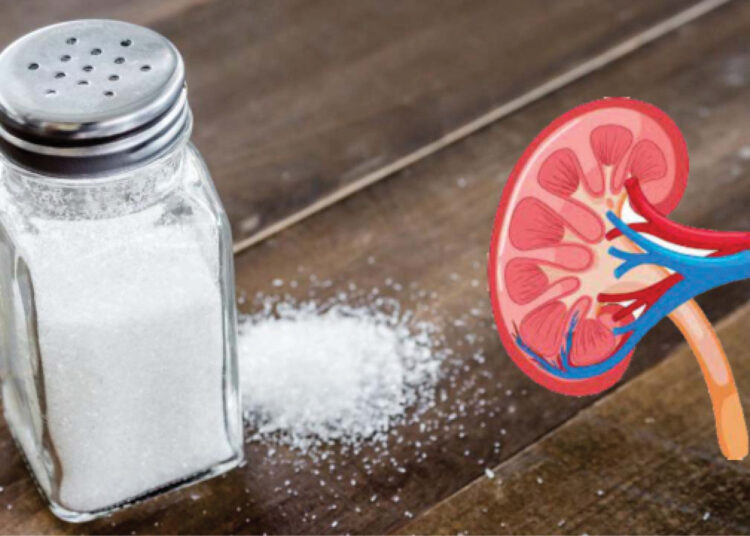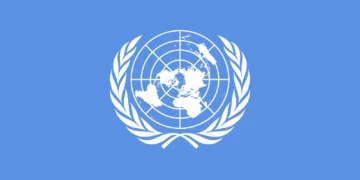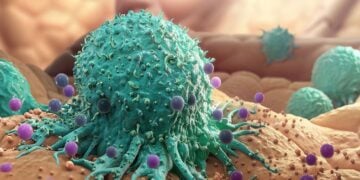We’re often told to cut back on salt – but what’s the real reason, especially when it comes to kidney health? Sodium, the main ingredient in salt, plays a crucial role in keeping our bodies running smoothly. It helps regulate fluid levels, supports muscle function, and ensures proper nerve signaling. But while our bodies need sodium to function, too much of it can put serious strain on the kidneys and lead to long-term health issues.
Modern diets—packed with processed foods, salty snacks, and quick meals—can easily lead to sodium overload. This excess puts a heavy burden on the kidneys, which are responsible for filtering out waste and maintaining the body’s mineral balance. Over time, too much sodium can strain these vital organs, increasing the risk of serious issues beyond just bloating or thirst. Protecting your kidneys means being mindful of your sodium intake. Understanding this connection is a key step in preventing long-term health problems like high blood pressure and chronic kidney disease.
The Kidney’s Role In Managing Sodium
Our kidneys act as natural filters, removing waste, toxins, and excess minerals including sodium from the bloodstream. When sodium levels are high, the kidneys must work harder to excrete the excess. Over time, this added strain can reduce kidney function
The Risks Of High Sodium Intake
Chronic high sodium intake can lead to elevated blood pressure (hypertension), which is one of the leading causes of kidney damage. Persistent hypertension puts pressure on the delicate blood vessels in the kidneys, impairing their ability to filter waste effectively. This can increase the risk of developing chronic kidney disease (CKD).
Tips To Protect Kidney Health
Read food labels to check for hidden sodium.
Choose fresh or minimally processed foods over canned or packaged ones.
Use herbs and spices to flavor meals instead of salt.
Stay hydrated to support kidney filtration.
Maintaining kidney health starts with the everyday choices we make—especially when it comes to what we eat. Sodium is essential in small amounts, but with today’s diets often exceeding recommended limits, it becomes a silent threat to our kidneys. Recognising how much salt is hidden in common foods is the first step toward making healthier decisions.
By understanding the connection between sodium and kidney function, we empower ourselves to take control of our long-term health. Reducing sodium intake doesn’t mean giving up flavor—it means becoming more intentional. Opting for fresh ingredients, reading nutrition labels, and cutting back on processed foods can all make a meaningful difference.
Ultimately, protecting your kidneys is about balance. When we’re mindful of our sodium consumption, we support not just our kidneys but our overall well-being. Small changes today can help prevent major health issues tomorrow—making your kidneys stronger, your body healthier, and your future brighter.





